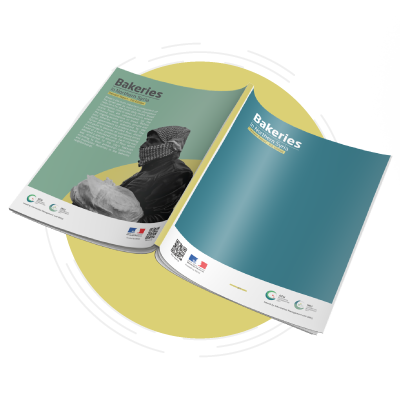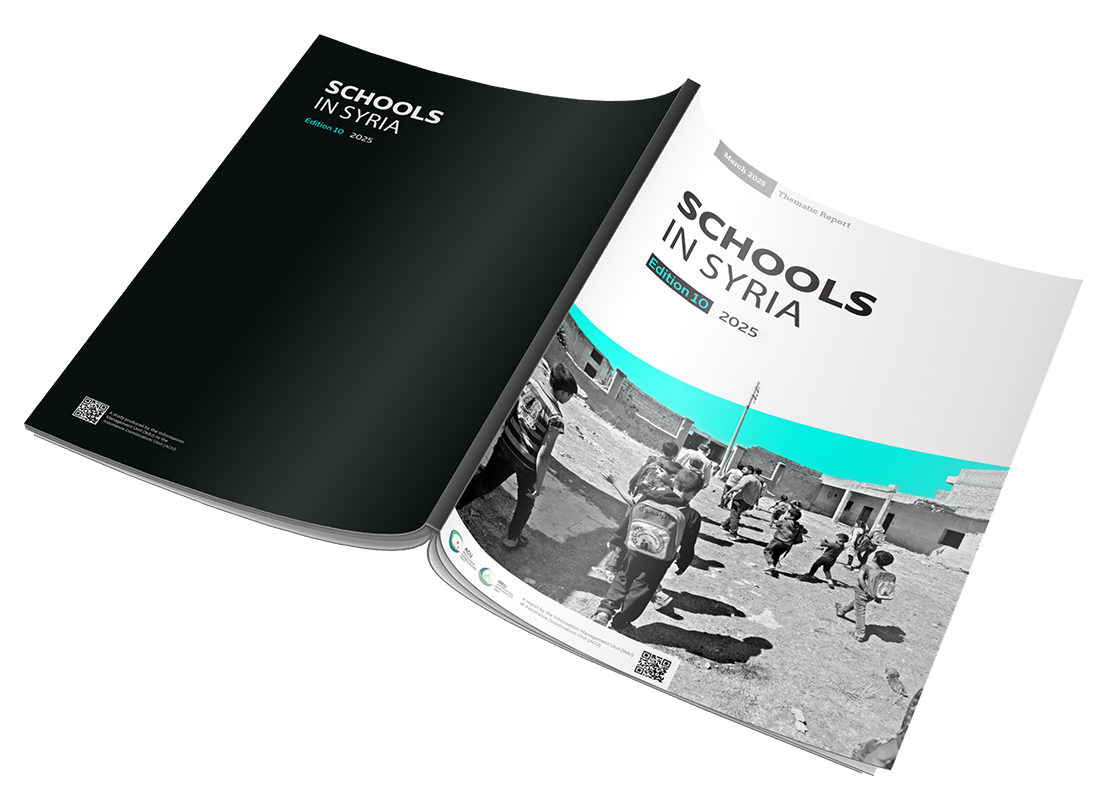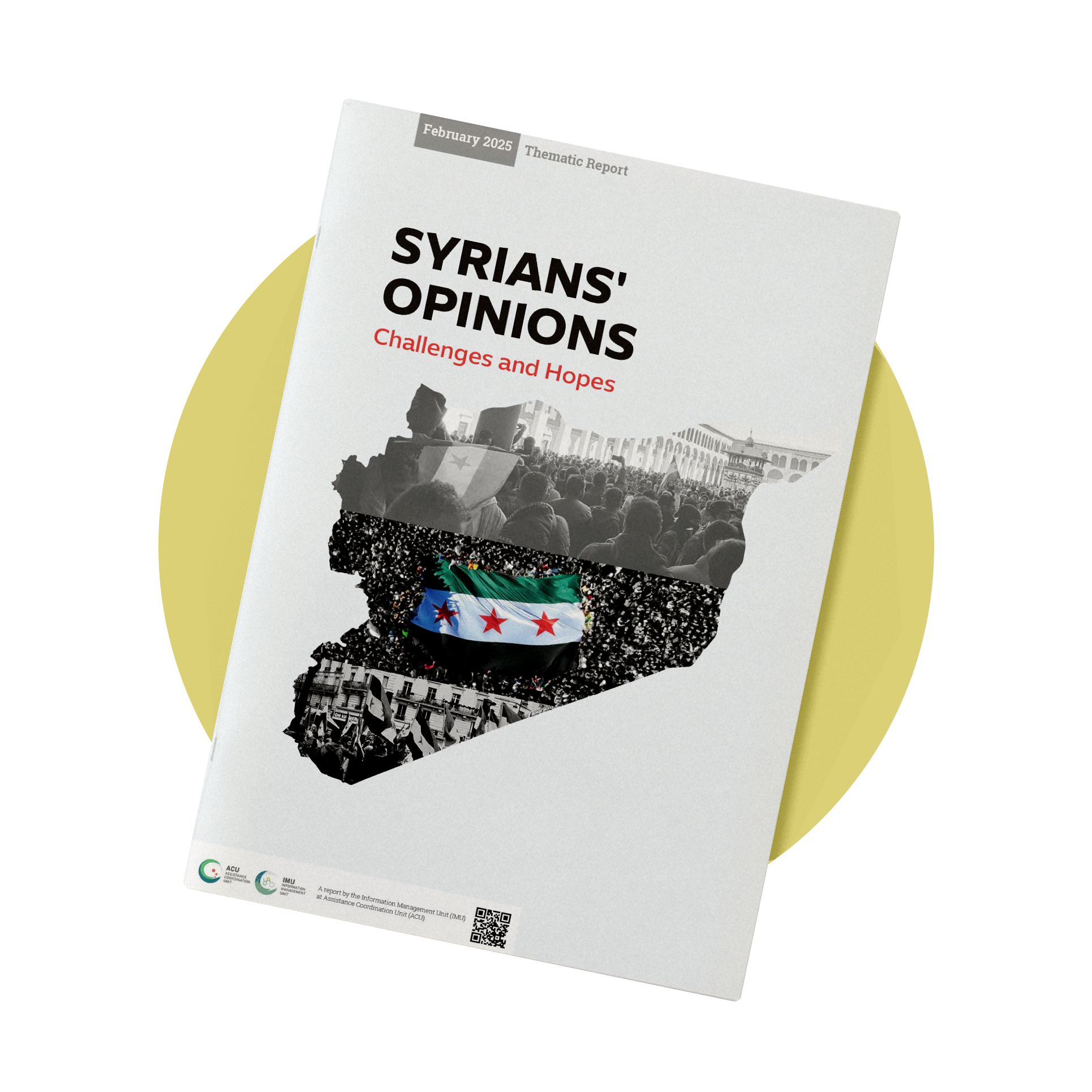Bread is the most important component of the Syrian diet, as most of the population relies on it for the three daily meals. Bread consumption rises in times of crisis, where scarce foods are compensated by the increased consumption of bread. Before the ongoing events, all public, private and joint bakeries were subsidized by the Syrian government to produce bread. The Syrian government provided flour, diesel, and yeast to bakeries at subsidized prices in exchange for producing and distributing bread at a subsidized price. Each city was allocated a specific amount of flour, which was distributed to the city’s bakeries according to their production capacities and population densities in the bakeries neighborhoods.
Before the ongoing events, the produced bread was not of a high quality, as the regime replaced the high-quality locally produced wheat with wheat produced in Eastern European countries, which is of a lower quality. Also, the bakeries sector was not subjected to real monitoring by the Ministry of Supply, which is responsible for production evaluation. And quite often, those in charge of the bakeries sold the flour instead of baking it, in order to make additional profits. In addition, flour subsidy was concentrated in cities and large villages, while the small villages relied on home-made bread.
The Information Management Unit (IMU) published the fourth edition of the “Bakeries in Northern Syria” report to shed light on the reality of bakeries in northern Syria and the most important challenges facing bread production. This study is based on reliable data collected by the IMU’s enumerators in areas outside the regime control in 5 Syrian governorates.




